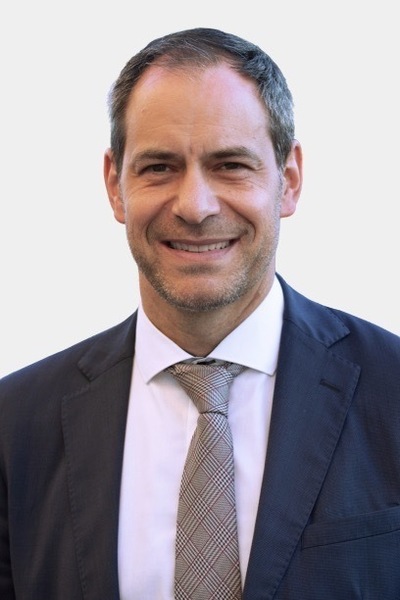1. From the perspective of a foreign investor, what would you describe as the most important feature when acquiring real estate in Morocco?
Not all properties are entered in public registers. Ownership, especially of real estate in rural areas and in traditional urban districts, often results only from a sequence of private purchase deeds. It is therefore sometimes difficult to prove ownership. In the case of commercial properties, however, these risks can usually be avoided.
2. What is the current investment climate for commercial property projects in Morocco?
Morocco also promotes investment in commercial property through administrative and fiscal measures. Nationality or residence of the investor is irrelevant.
3. Are there any restrictions for foreign investors on the purchase of real estate in Morocco?
When acquiring real estate – with the exception of agricultural land – Moroccan law makes no distinction between Moroccan nationals and foreigners. The acquisition of property is regulated by a number of laws, in particular the Property Registry Act, the Property Law Act, the Investment Charter, the Civil Code and the Tax Act, which is amended annually.
4. What are the main legal risks in Morocco?
Foreign investors must register their investment in Morocco with the Moroccan foreign exchange authority within six months of the date of investment in order to be allowed to repatriate capital or receive dividends abroad at a later date.
5. what are the main tax risks in Morocco?
Under investment agreements for amounts over 200 million dirhams, exemptions from customs and VAT taxes are granted on the import of equipment and tools. Companies located in an Free Export Trade Zone are initially exempted from the costs of company registration, corporate income tax, value-added tax and trade tax and then enjoy a reduced corporate income tax rate. The general corporate income tax rate is based on the amount of net profits. Export profits are exempt from corporate income tax for the first five years. The acquisition of developed land is taxed at 4%, undeveloped land at 6%; land registration is taxed at an additional 1.5%. Morocco has numerous double taxation agreements.
6. Do German banks finance commercial real estate projects in Morocco, and if so, what type of project (development measures, purchase of fully rented properties, etc.)?Investments in Morocco can also be financed by foreign banks, although this scenario is unlikely due to the foreign exchange restrictions in Morocco. Typical credit securities in Morocco are the basic mortgage, the lien on company shares and personal securities.



